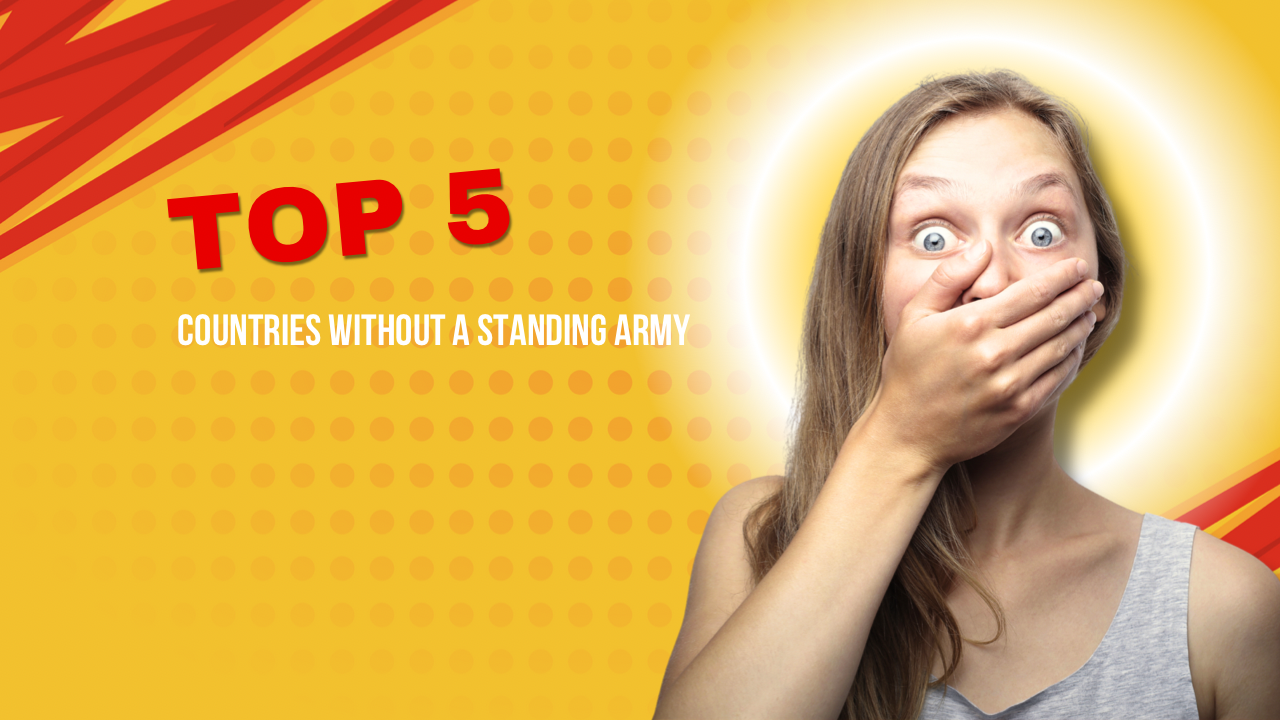A Path to Peace: Costa Rica
Costa Rica's 1948 decision to abolish its military marked a turning point in the country's history. Today, this Central American nation boasts:
• Vibrant democracy
• Thriving eco-tourism industry
• Exceptional biodiversity
• High standard of living
From Conflict to Prosperity: Panama
Panama's military dissolution in 1994 paved the way for economic growth and international cooperation. The country now excels in:
• Finance and commerce
• Tourism and real estate
• Panama Canal revenue
• Environmental protection
Pacific Island Innovators: Nauru and Tuvalu
These tiny Pacific nations rely on Australia and New Zealand for defense, focusing instead on:
• Sustainable fishing and phosphate mining (Nauru)
• Copra production and fishing (Tuvalu)
• Climate change resilience
• Cultural preservation
The World's Smallest Nation: Vatican City
As the smallest country globally, Vatican City trusts its security to the Pontifical Swiss Guard and Italy. This unique nation:
• Embodies Catholicism's heart
• Showcases breathtaking art and architecture
• Maintains diplomatic ties with 180+ countries
• Upholds sovereignty
Common Threads:
Despite diverse histories and geographies, these five countries share:
• Commitment to peaceful resolution
• Emphasis on human development
• Economic diversification
• Environmental stewardship
• International cooperation
Here's more information about each country:
1. Costa Rica
• Location: Central America
• Population: 5.1 million
• Language: Spanish
• Capital: San José
• Government: Democratic republic
• Economy: Tourism, agriculture, manufacturing
Costa Rica abolished its military in 1948, after a civil war, and invested in education, healthcare, and environmental conservation. Today, it's known for:
• Biodiversity (26% of land is protected)
• Eco-tourism
• Sustainable agriculture
• High standard of living
• Strong democracy
2. Panama
• Location: Central America
• Population: 4.3 million
• Language: Spanish
• Capital: Panama City
• Government: Democratic republic
• Economy: Finance, commerce, tourism
Panama disbanded its military in 1994, following the US invasion that ousted dictator Manuel Noriega. Since then:
• Panama Canal generates significant revenue
• Economy shifted from agriculture to services
• Tourism and real estate development grew
• International banking hub
• Growing focus on environmental protection
3. Nauru
• Location: Pacific Ocean
• Population: 11,000
• Language: Nauruan, English
• Capital: Yaren
• Government: Parliamentary republic
• Economy: Phosphate mining, fishing
Nauru, a small island nation, relies on Australia and New Zealand for defense. Challenges include:
• Limited resources
• Environmental degradation (phosphate mining)
• Climate change vulnerability
• Economic instability
• Human rights concerns
4. Tuvalu
• Location: Pacific Ocean
• Population: 11,000
• Language: Tuvaluan, English
• Capital: Funafuti
• Government: Constitutional monarchy
• Economy: Fishing, copra production
Tuvalu, another small island nation, also relies on Australia and New Zealand for defense. Concerns include:
• Climate change (rising sea levels)
• Limited freshwater resources
• Economic vulnerability
• Remote location
• Limited infrastructure
5. Vatican City
• Location: Within Rome, Italy
• Population: 800 (citizens), 2,000 (residents)
• Language: Italian, Latin
• Capital: Vatican City
• Government: Absolute monarchy (Papal State)
• Economy: Tourism, investments
Vatican City, the smallest country globally, relies on the Pontifical Swiss Guard for security and Italy for defense. Unique aspects:
• Sovereign city-state
• Center of Catholicism
• Rich cultural heritage (art, architecture)
• Independent government
• Diplomatic relations with 180+ countries
Other countries with limited or no military forces:
• Monaco (relying on France)
• Liechtenstein (relying on Switzerland)
• Marshall Islands (relying on the US)
• Palau (relying on the US)
• Samoa (relying on New Zealand)

